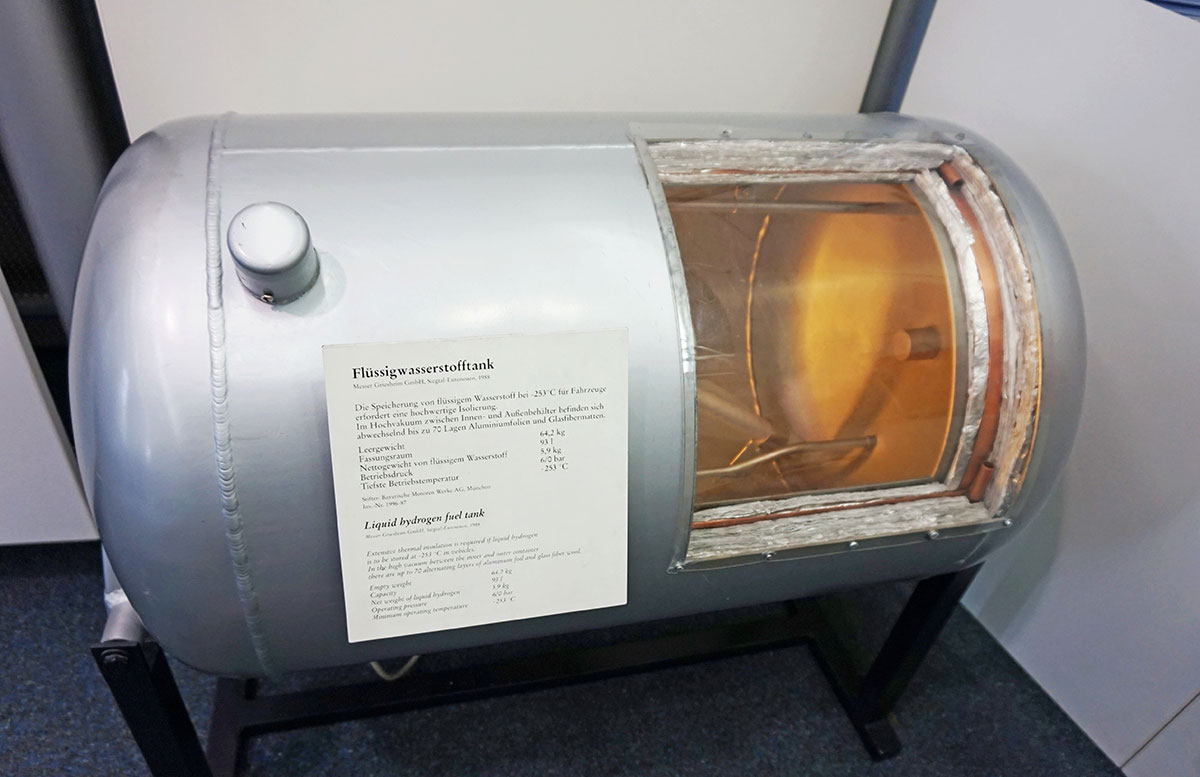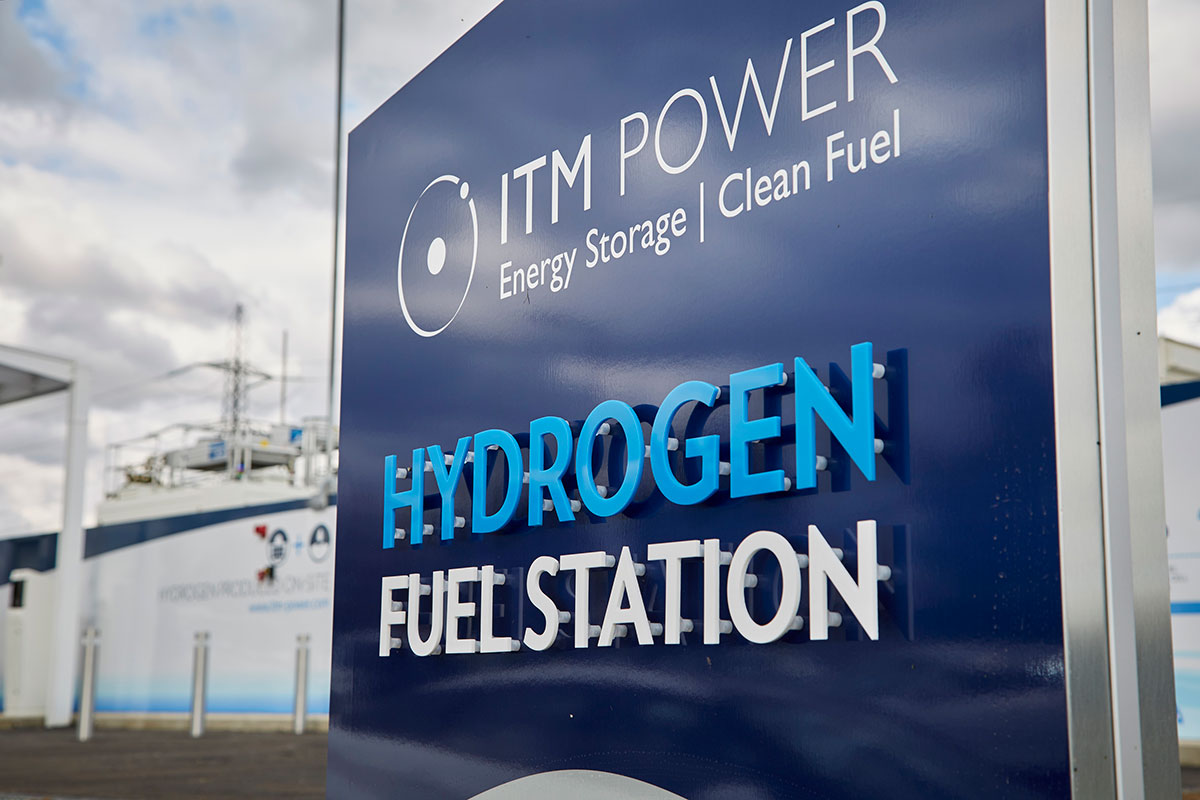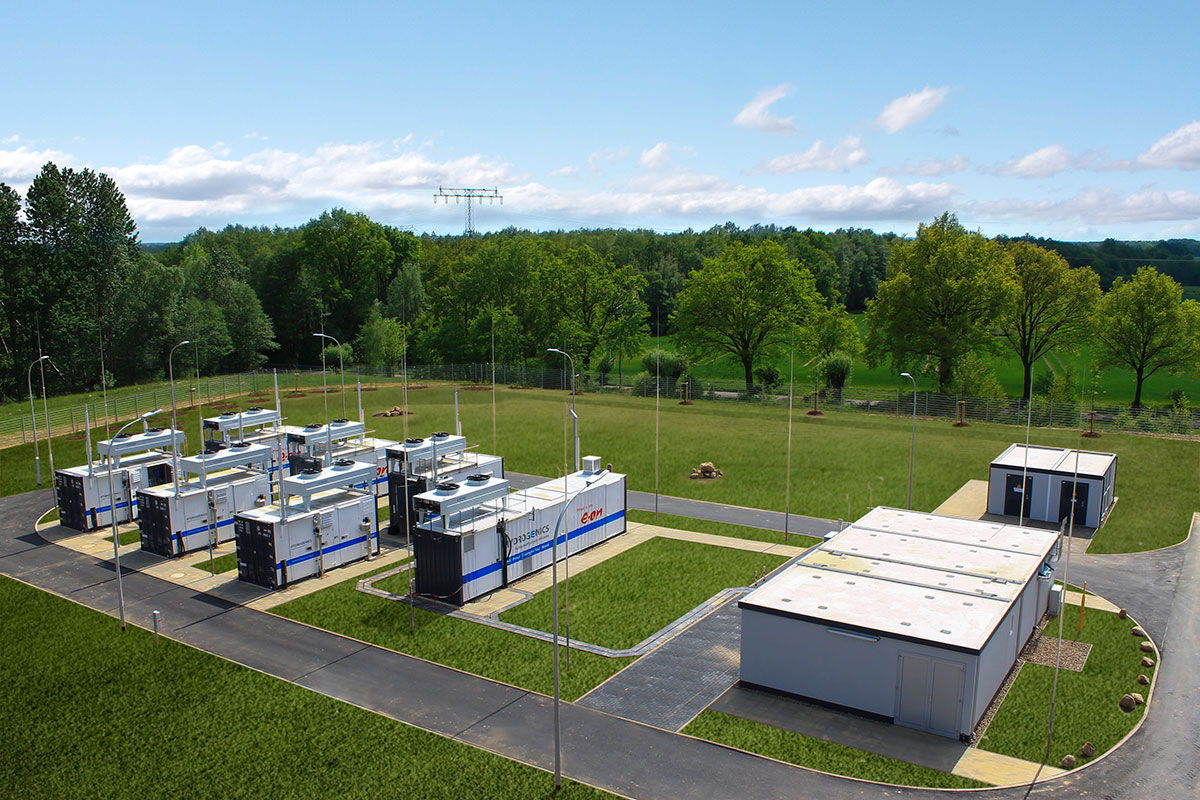Hydrogen is a fuel with many advantages over other more conventional or traditional energy sources: it is abundant, its calorific value is approximately three times that of petrol, it has a clean combustion, with no CO2 emissions, and it generates water as the only waste. It is also a versatile enough energy source for use in transport and heating, among other services.
Despite these advantages, some significant challenges limit the widespread use of hydrogen as a clean, renewable energy source:
- Production by electrolysis from clean energy sources is expensive, and other production methods are not yet completely emission-free.
- Hydrogen storage and transport infrastructures suffer from limitations that require further development.
- Its high flammability requires new technologies and safe facilities for its management.
- The cost of both the fuel and the associated facilities is still high compared to other conventional fuels.

Tiia Monto - CC BY-SA 3.0
Nevertheless, it is very likely that within a decade hydrogen will gradually begin to be integrated as a fuel in sectors such as leisure and tourism and in applications such as the production of domestic hot water, the heating of swimming pools in hotels, resorts, water parks and campsites, etc.
By Juan Carlos Soria, senior MEP engineer in the Architecture Department of Amusement Logic







